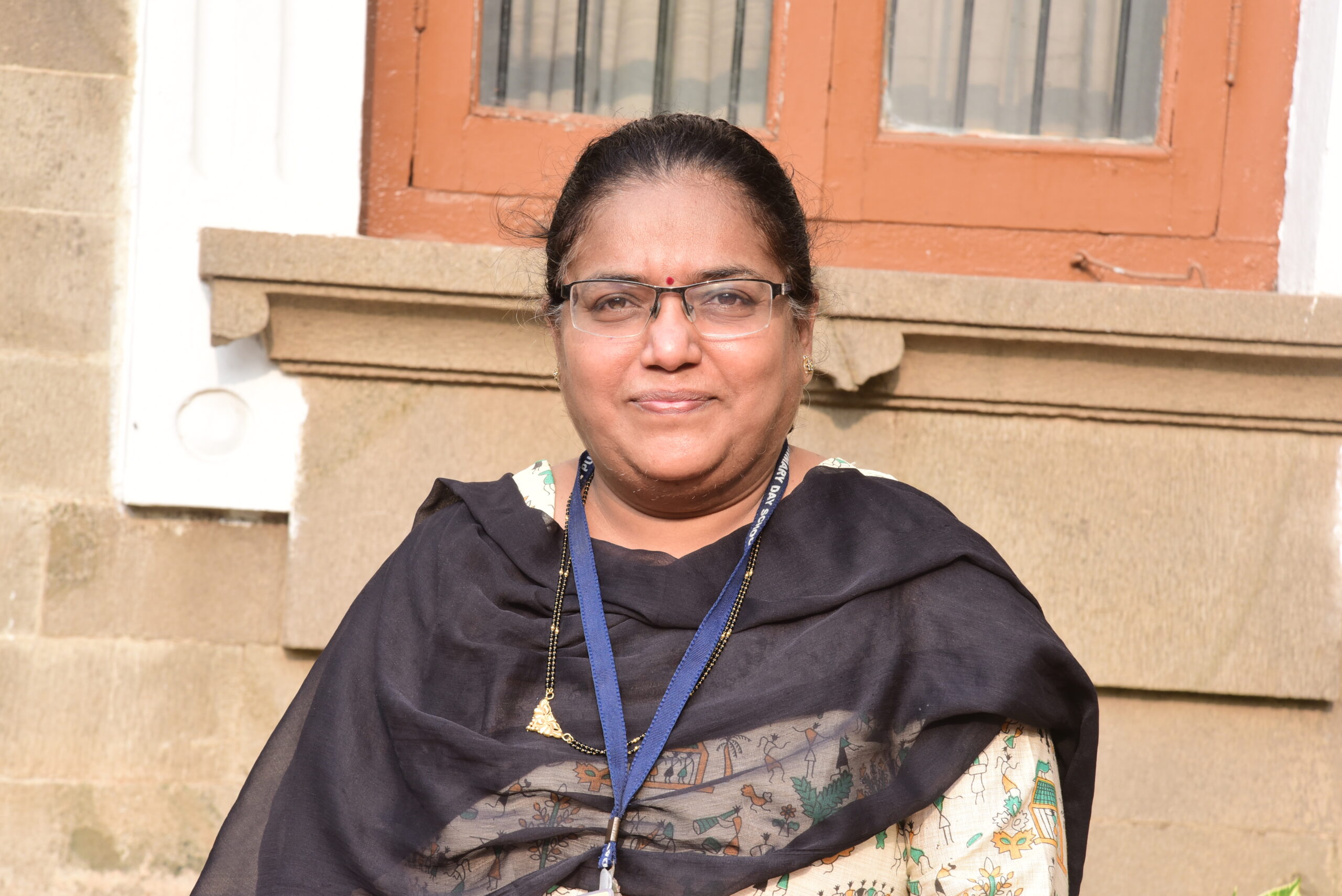
Every parent dreams of their child becoming great and successful. From the moment a child is born, parents begin to visualize their future—often wishing their children achieve what they themselves could not. Schools, colleges, and careers become the main focus, with success seen as the ultimate goal.
But in this pursuit, one vital step is often overlooked: the foundation of language and reading.
Think about it—every successful person we admire has one thing in common: a strong reading habit. Yet, in most families, how often do we sit with our children and nurture their listening, speaking, and reading skills during the early years?
When we put children into English-medium schools, we expect them to speak fluently in just a few months. But language development follows natural stages, just like how a baby learns their mother tongue:
Listening → Speaking → Reading → Writing
Unfortunately, formal education often emphasizes writing from the very beginning—even before children’s fine motor skills are ready. This early pressure can lead to handwriting struggles, poor grip, or even finger pain later on.
That’s why parents play a crucial role in language development. By focusing on each stage, they can help their children build a strong base for life.
Stage 1: Ages 4–6 (The Listening & Speaking Stage)
At this stage, picture books are powerful tools. Parents can develop vocabulary and confidence through visual stimulation and interaction.
Tips for Parents:
- Read aloud daily – use funny voices, sound effects, and expressions.
- Point to words – connect spoken words with pictures.
- Discuss illustrations – ask questions like “What do you see?” or “What might happen next?”
- Re-read favorites – repetition strengthens recognition and memory.
Stage 2: Ages 6–7 (The Early Readers)
This is when phonics and formal reading instruction begin. Children’s transition towards independent reading, and confidence starts to bloom.
Tips for Parents:
- Spend at least 30 minutes daily on simple textbooks or phonics readers.
- Encourage them to sound out words and celebrate progress.
Stage 3: Ages 7+ (The Chapter Book Stage)
Now, children are ready for longer stories with fewer illustrations. This is where deeper comprehension develops.
Tips for Parents:
- Start with short chapters in large fonts.
- Read aloud together for tougher passages.
- Discuss moral lessons from stories.
- Encourage note-taking—whether it’s new words, favorite characters, or story summaries.
How Parents Can Support at Every Stage
- Make reading a daily ritual.
- Create a cozy reading corner at home.
- Be a role model—let children see you read.
- Visit libraries and book fairs.
- Connect stories to real-life experiences (e.g., stargazing after a space story, cooking after a food story).
Fun Reading Games at Home
- Find the longest word in a magazine.
- Hunt for specific words in a text.
- Arrange cut-out words into sentences.
Schools have limited time and fixed syllabi, but parents have the power to give children the foundation they truly need. These formative years are not about rushing to write perfectly but about cultivating curiosity, imagination, and the joy of reading.
Give your child the gift of words, and they will grow wings—ready to soar as high as their dreams.
Mrs. Shanti Chareja,
Headmistress, SSPM Primary Day School
